Philippe’s Thibaut’s curriculum has the special ability to humble even the most outstanding and award-winning game developing companies from all over the world. He is the man behind the creation of the Europa Universalis board game and worked together with what came to be known as Paradox Interactive to port his classic to a computerized version, now in its fourth iteration, it became a phenomenon, world-renowned grand-strategy game.
He and his Pax Romana developer, Philippe Malacher created AGEod, whose popularity reached new heights with the release of their American Civil War title. He went on to work on World At War and, most recently, is expanding the WAW engine with new entries from Strategy Game Studio. He is also letting us have a first look at future projects!
Today is also the day Philippe and SGS are releasing their latest entry SGS Hawaii, a what-if scenario that theorizes what could have happened if the Japanese decided to invade the island of Oahu, after the first hours of Pearl Harbor. Alongside this new release, Philippe has his hands on Flee Commander: Pacific, a computer wargame recreating the grand strategic scale of the war in the Pacific Theatre, from 1941 to 1945.
The announcement is out of the way! Let’s get on with the interview!
So, who’s Philippe, and how did you come to be one of the world’s leading wargame developers?
It is a long story. I discovered wargames in 1977 when as a young college student, I was in an exchange in the UK and stumbled on the AH’s Victory in the Pacific game in a shop in Luton. In the next years, I bought most of the games I could purchase (remember, wargames were almost unknown in France by then), and it was not easy in the pre-Internet world. Games appeared in France in the 1980s, with both imports and local or European designs.
I started to create my own. I always had a passion for History, and I felt some eras were under-represented. By the late 1980s, I started to create my first boardgame/wargame, which was to become Europa Universalis. It was completed after many years of testing and finishing in 1992, published worldwide, and quickly won large acclaim. I pursued by designing other board wargames, some published by then (such as La Grande Guerre 14-18, the ultimate monster on WW1) and some much later (like my Invasions game, in 2018).
I still have over a dozen games, most unpublished now, for lack of time… who knows when and if I can make them one of these days…
Your list of games is long and highly commendable. Few make an entrance to the scene like you did, by creating Europa Universalis board game and then porting leading it’s an adaptation to PC., being on the original team that developed Europa Universalis. I have to ask, what lead to this decision to port the board game to PC?
By 1996, I signed an agreement with Target Games AB in Sweden (nowadays Paradox) to help them port the Europa Universalis game on the PC, as they had signed a publishing deal with the game’s French publisher (Azure Wish Editions), after buying the game in a shop in Göteborg, Sweden.
Their first attempt to develop the game with an American company was a failure, so in 1997 they repatriated some members of the team to Stockholm and chartered me to oversee the design. We worked together for 2 years on this task, till the end of Target Games in 1999.
At the time I missed a small window of opportunity to buy the code from the defunct company (I lacked the cash) and it was taken over by the company which is now Paradox.
Can you please tell us a bit about the development of the game? How did it all come together?
When I started working on the designs, I had to adapt my mind to think that PC does not work like board games. The hardest change was the decision by the Swedish team to make the game a real-time product (which was the top stuff in computer games by then), whereas the board game was turn-based, with a vastly different scale. This alone was quite a challenge.
Other issues were in designing the AI, as thinking on a grand strategic scale for 300 years is quite something…this part took a lot of my time, and I still have somewhere over 700 pages of design documents just for this…kept me busy for a while.
When did you stop working on that franchise and move on to other ventures?
As I mentioned earlier, the company doing EU got bankrupt in mid-1999, so the whole thing stopped by itself. I was not part of the team that did the finalizing and release of EU under Paradox but was still on good terms with them. For instance, they chartered me in 2001 to do the game design for Crusader Kings I, and even the production of the game.
Indeed, by early 2000, I had created my own company, named Antik Games, which was busy designing a computer game named Pax Romana, which was inspired by the famous board game Republic of Rome. But we also had some staff assigned to chartered jobs, and CK was one. It lasted a bit less than a year, then Paradox terminated the contract on grounds it was too slow a development. They transferred it to Snowball in Russia, which worked on it for a long time, also taking too much time apparently, as finally CK was once again taken back to Sweden and completed there, with quite a delay in the end.
And how do you feel looking at Europa Universalis IV now, having reached an audience so massive that even my former university professors text me about it?
Well, very proud of that, and I really enjoy that players can share in this game the same kind of pleasure, interest, and acquisition of knowledge that I had in creating it.
Also, what you did with EU led to Paradox eventually becoming known as a strategy genre darling amongst gamers by launching titles similar to EU (or in the same vein), such as Crusader Kings, Victoria, and even Hearts of Iron. What’s your relationship with these franchises, if you have any? And how do you feel about the impact your work had on helping to build the genre of grand strategy?
Paradox did a clever move in adapting the EU engine to those new titles, and they started with HoI. The CK game, as I say above, was chartered to me for design and production, but then changed one more time before ending up in Paradox again.
To be clear I did not own anything but the idea and design (which is in France “Droit d’Auteur”, something that is mine in perpetuity by French law), the rest belong to the French Publisher (i.e. commercial rights) and Paradox (code, PC rights). In 2006, the publisher sold all his rights to Paradox and I agreed on that also, so now everything (but the original idea/design) belongs to the Swedes. Which is very fine to me. They did a wonderful job at improving the game engine, the content, and – in the end – I am most proud to have contributed to creating a gameplay genre for the PC that attracts millions of players now (you would not believe the number of – now defunct – game publishing companies that said the genre had no future or potential clients back in the late 1990s…. Errare Humanum Est!)
If the stars perfectly align, would you accept to work on a – theoretically speaking – new grand strategy game at paradox? Let’s say, Europa Universalis V?
Of course, the guys at Paradox are very nice and great chaps. I always appreciated working with the like of Johann Andersson or Chris King
You’re also the man behind the fantastic AGEod series. Care to elaborate on how that came to be?
As you know, EU and the likes were real-time games. I never appreciated this that much, probably because of my bad and old habits of grognard boardgame player! I want turns!
So when I met with Philippe Malacher (a.k.a. Pocus), a code/design guy who had teamed up with me on Pax Romana, we decided to create a new engine that would be turn-based. And the nice idea was it would be simultaneous (i.e. WEGO instead of I GO U GO). Great stuff. We started small, with Birth of America, and it was a quick success due to its simplicity and nice old-fashioned vintage look. Then came our champion, Ageod’s American Civil War, with over 200K units sold and general acclaim that it was the most-researched and probably best strategy game on the US Civil War by then (2007). There were plenty of other games made under this engine afterward. Roughly I was in the content and research part, Pocus was the code wizard, and we jointly worked on the designs.
A lot of absolute classics were created under that banner, and I have to ask you, what’s your favorite and why?
A rather unknown but great game, Pride of Nations. This was my pet thematic since the 1980s and I love the Victorian era. The game really has everything that is to be there for this thematic. The only issue we had was that the Ageod engine was underpowered to run such a monster.
You had a long run with AGEod but seemed to move on. Why?
Yes, I started the Ageod company in 2005. In 2012 it was sold to Slitherine, as my partner felt there was a need to do so. After 6 years with them, I had to leave as they did not require my services anymore.
SGS, your most recent venture, seems to be drawing heavily on the Wars Across the World franchise of games. Have you done some work with them before?
Yes, when WAW was created, I gave a lot of design advice to the team and helped them after 2018 in improving the game. I designed quite of few of their scenarios too. This gave me the idea to purchase the rights to the code base in order to change it to my taste. This was done in 2019 and then I took some nice and talented developers to help me in changing the engine so that it suits my ideas. So the base is similar, but I would say it is now different in most of the fields.
What is the biggest difference between SGS games and WAW?
SGS is some kind of WAW on steroids! The turn base structure is similar, but we changed completely the supply, movement, and combat systems. Even the economic part, that has been introduced recently works differently. In addition to the play of cards, we also added an event system that adds a lot of flavor to the game.
The major difference, in my mind, is the combat system. It can be tailored made to more or less what you want it to be, and I changed most of it so that it more accurately reflects the modern art of war (let’s say WW1 and beyond).
SGS Heia Safari is a fantastic experience on a theatre rarely (maybe never) explored. How did you conduct its development, research, and decide which of the gameplay mechanics to implement?
The idea came to me in 1989 when I bought the Strategy & Tactics magazine with the game ‘Sideshow’ by Richard Berg (btw a great man I was so lucky to meet by then and consider – almost – as a friend). This unusual story of the WW1 campaigns in Africa was mind-thrilling. I started to read dozens of books on the subject, took notes, and slowly came up with the idea to make it an SGS game. Overall the process is not so much different from all my other games: months or even years of research, reading, passion for the subject, and at some point, a green light saying “let’s do it”… In Heia Safari the real issue was to represent the fact that less than 10,000 men held in check ten times that number for over 4 years. So representing the guerrilla-like warfare of German Askaris in East Africa, the harsh climate, the distance, the geography and weather, and other constraints.
Can you give us a small peek at what lays ahead for future SGS games? With the recent release of Hawaii, we gamers are thirsty to know which exotic theatres you’ll tackle next.
Well, the most exotic in the upcoming games will be Taïpings…this is XIXth century China, the largest Civil War ever… more than 15 years, with millions of victims. The goal we have with this game is to explore some unchartered history and also approach the Chinese market, where we know there are players interested in our games. This will be fully localized in Chinese.
Also in Asia, Glory Recalled, early 2022, will tell the story of the Japanese attack against Hong Kong in December 1941 too.
Bigger games are planned, with one covering Poland 1939, the complete Korean War 1950-1953, great battles with the USMC in the Pacific 1943-1945, and even a very ambitious grand strategy game on NATO vs Warsaw Pact in the 1980s over Europe…and more (some projects are now underway and still undisclosed, some will be interesting big surprises).
Look at the SGS website, you’ll be surprised. In addition, players who back us there get very good prices. Our system works a bit like the P500 program of GMT for board games.
What would your perfect game be like?
A perfect game is something impossible. My ideal game would be some kind of World-in-Flames equivalent with many players and better rules and gameplay. I doubt it could ever exist though…
If you could go back in time to study a period in history by living it, only to make a game based on it, which period would it be and why?
Early 18th century, French side, before 1750, where France lost the opportunity to become the world’s leading power (and we would do this interview in French).
And what kind of game would you build about it?
A grand strategy game in the spirit of EU but focused on that time period with more details and an emphasis on some particular characters, such as Joseph Français Dupleix who almost conquered India for France…and lost it…
Of all the projects you worked on so far, which one do you consider to be the most challenging?
Pride of Nations with Ageod, it took almost 6 years and was the most complete I ever made!
How do you look at the genre of wargaming going forward, let’s say, in the next two decades? Is there a future?
Despite some saying the genre is dying, I believe there will be still players, as the older generation like me may still be around (hopefully) for a few decades and I noticed in the gaming convention that a new generation is showing up. Also, maybe by creating more games with a simpler approach but with faithful content, we can attract younger people that use to spend less time in this gaming activity than we did years back (or still today).
If Philippe found himself stranded on a desert island with only a computer and 5 games of his choice, which ones would they be and why?
Strangely enough, my first choice would be Sid Meier’s Civilization 3 (I never liked version IV and beyond), then I would probably take Pride of Nations (because I would have the time to play it), then EU (for its scope) and in 4th place another Sid Meier, Alpha Centaury, and last would be Master of Orion (the version II).
Thanks a lot, Philippe!
Follow Strategy and Wargaming Socials
Strategy and Wargaming needs you to follow its socials. Are we the best strategy gaming website around? I would say so. Heck, what other options do you have? The Wargamer? Please.
So why not give us a follow on the cesspool that is Twitter, or join the 1000 other geriatric patients on Facebook? Or subscribe down below? Or maybe do everything? I don’t care, I’m not your grandmother.
If you enjoyed the article, consider buying me a coffee!
I’ve been running Strategy and Wargaming at my own expense since 2017, with only the ad revenue to cover the hosting, with everything else being done by me. So, if you’re an avid reader, you can afford it, and want to support the website, please consider Buying Me a Coffee by clicking this link, for as low as one euro! If you do, just know that you’re helping out a lot and contributing so that Strategy and Wargaming can continue growing!


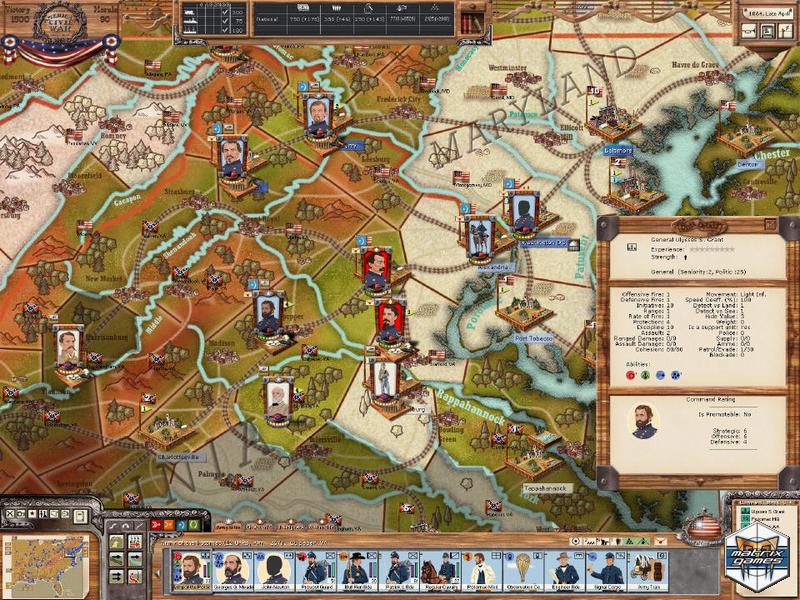
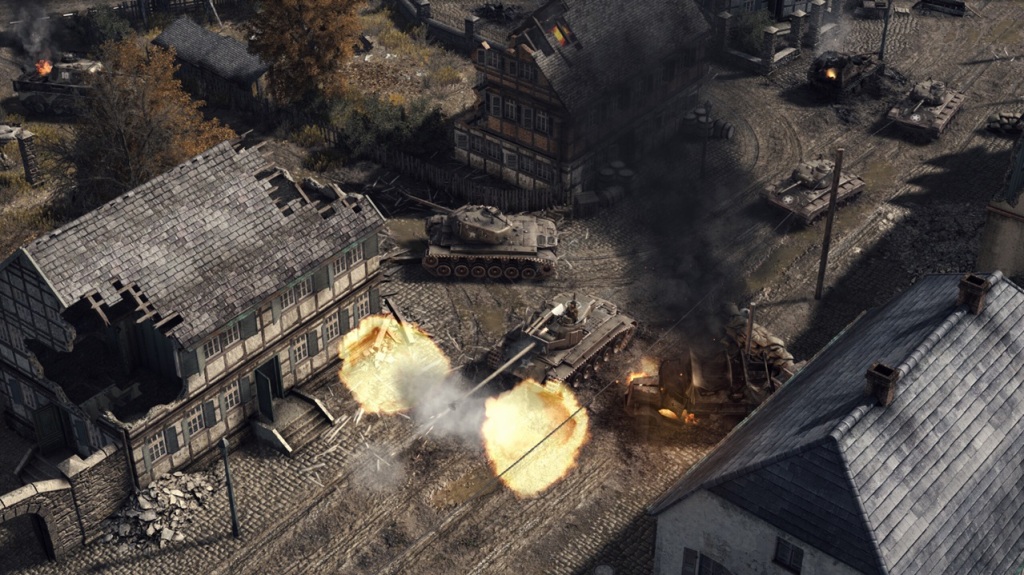
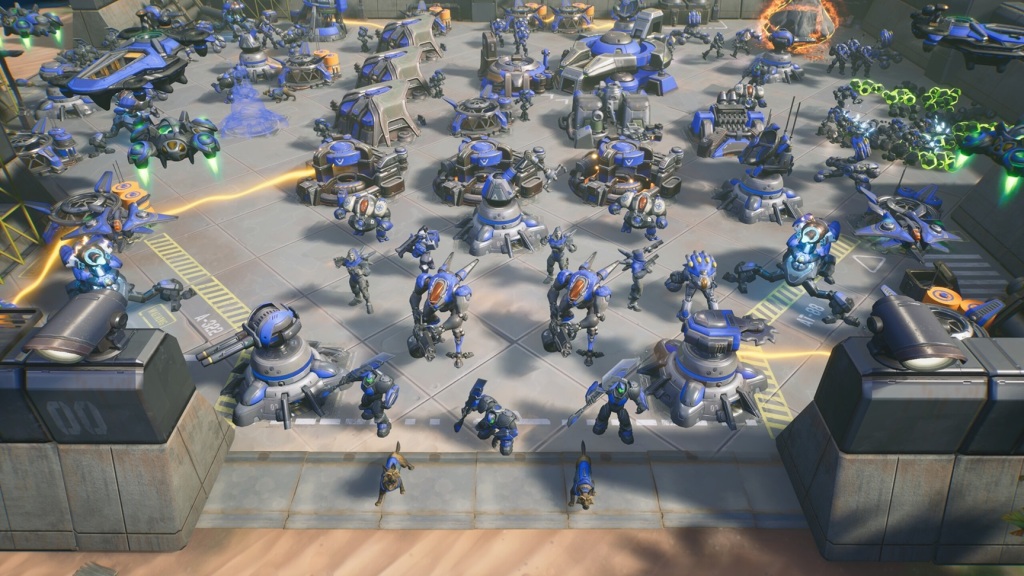
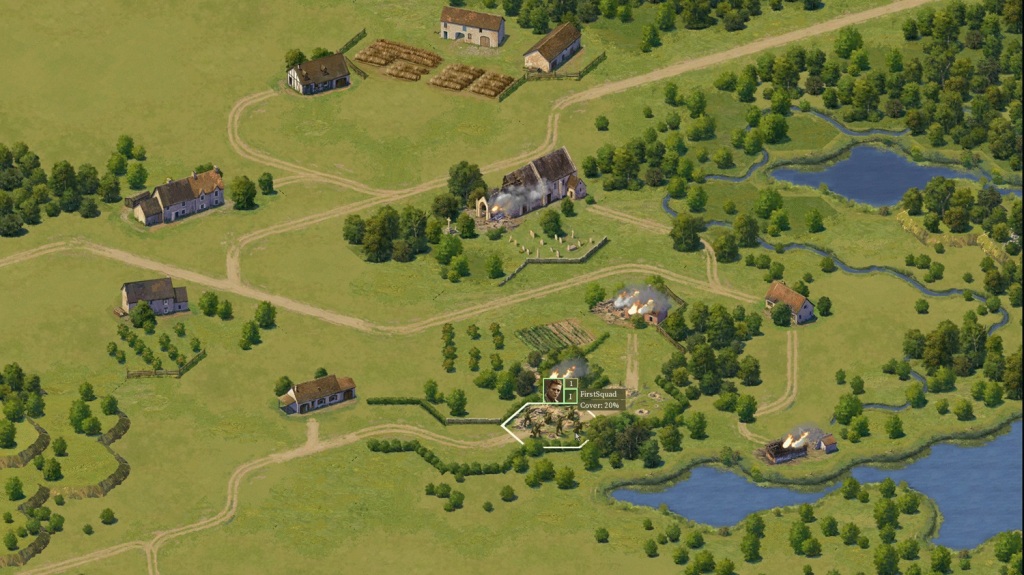
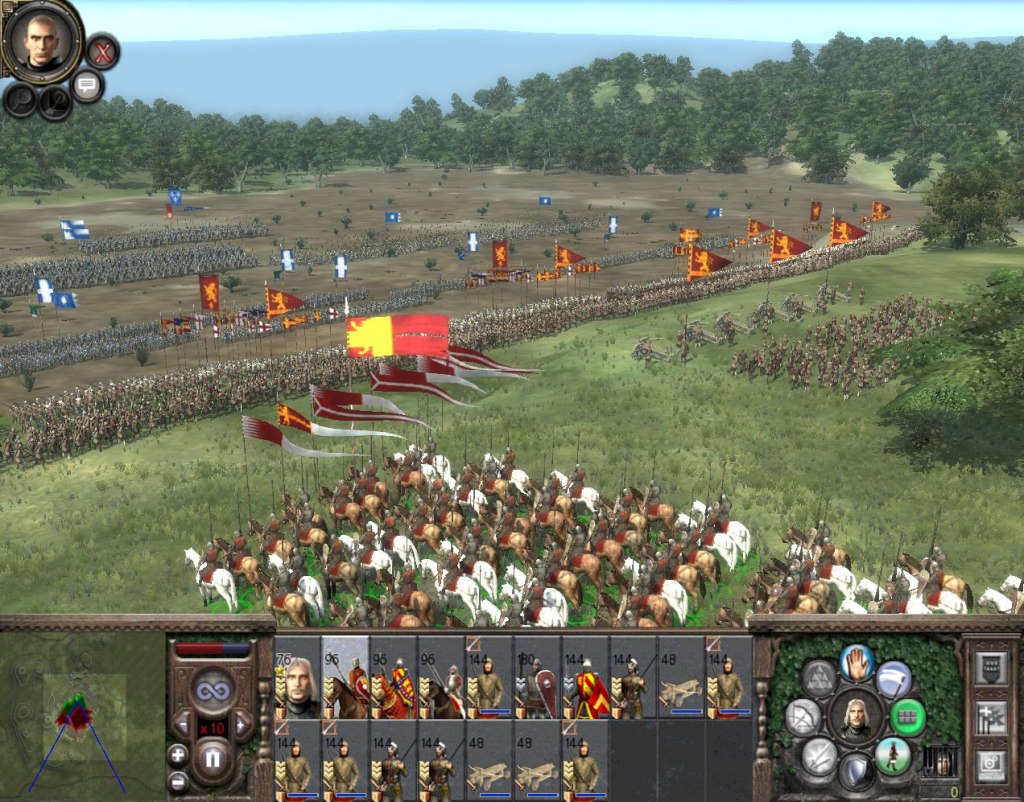
Leave a comment